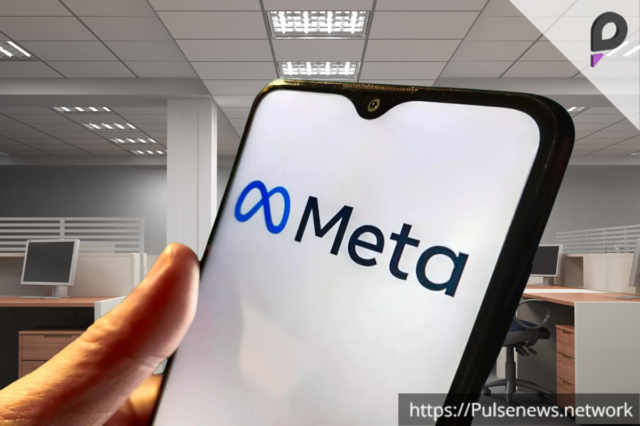Meta‘s decision to replace professional fact-checkers with “community notes” has sparked widespread concern, with critics warning of potential harm to vulnerable groups and threats to democracy.
Oversight Board’s Concerns
Helle Thorning-Schmidt, co-chair of Meta’s independent oversight board and former Danish Prime Minister, expressed alarm over the move. Speaking on BBC Radio 4, she highlighted potential risks, particularly for minority groups such as the LGBTQ+ community and advocates for gender and trans rights.
“We see many instances where hate speech can lead to real-life harm. This decision raises huge problems, and we’ll be watching closely,” Thorning-Schmidt stated.
While acknowledging some positive aspects of the shake-up, such as user involvement in content assessment via community notes, she underscored the dangers of leaving critical issues in the hands of the broader online community.
Zuckerberg’s Justification
In a blog post and video announcement, Meta CEO Mark Zuckerberg explained the decision as a return to the platform’s “roots around free expression.” He criticized the current third-party fact-checkers, claiming they were “too politically biased,” leading to unnecessary censorship of users.
However, this explanation drew sharp criticism from several quarters, including Nobel Peace Prize laureate Maria Ressa. She labeled the move as a profit-driven strategy that undermines free speech rather than promoting it.
“Only if you’re focused on power and money can you justify this decision,” Ressa told AFP, warning that the change signals “extremely dangerous times ahead” for social media users and democratic institutions.
Implications for the Oversight Board
The oversight board, created to provide independent reviews of Meta’s content policies, now faces questions about its role in the wake of these changes. Funded by Meta, the board’s influence has come under scrutiny, especially after the departure of Sir Nick Clegg, Meta’s former global affairs chief and architect of the board.
Thorning-Schmidt defended the board’s relevance, stating, “It’s needed now more than ever to ensure transparency and accountability.”
Political Motives?
Some analysts argue that Meta’s decision aligns with a broader strategy to align itself with influential political figures like Donald Trump. Kara Swisher, a tech journalist, suggested that Zuckerberg’s move mirrors Elon Musk’s approach to courting political favor.
“Facebook does whatever serves its self-interest,” Swisher remarked, calling the decision “the most cynical move” Zuckerberg has made in her years of covering him.
Potential Consequences
Critics fear the absence of professional fact-checking will exacerbate the spread of misinformation, hate speech, and harm to marginalized communities. While Meta claims the change promotes free expression, the shift raises questions about the balance between free speech and social responsibility in the digital age.
Conclusion
Meta’s decision to axe fact-checkers has reignited debates about corporate accountability, online safety, and the role of social media in shaping public discourse. As the company navigates this controversial shift, the spotlight remains on its oversight board and the broader impact on democracy and vulnerable populations.











